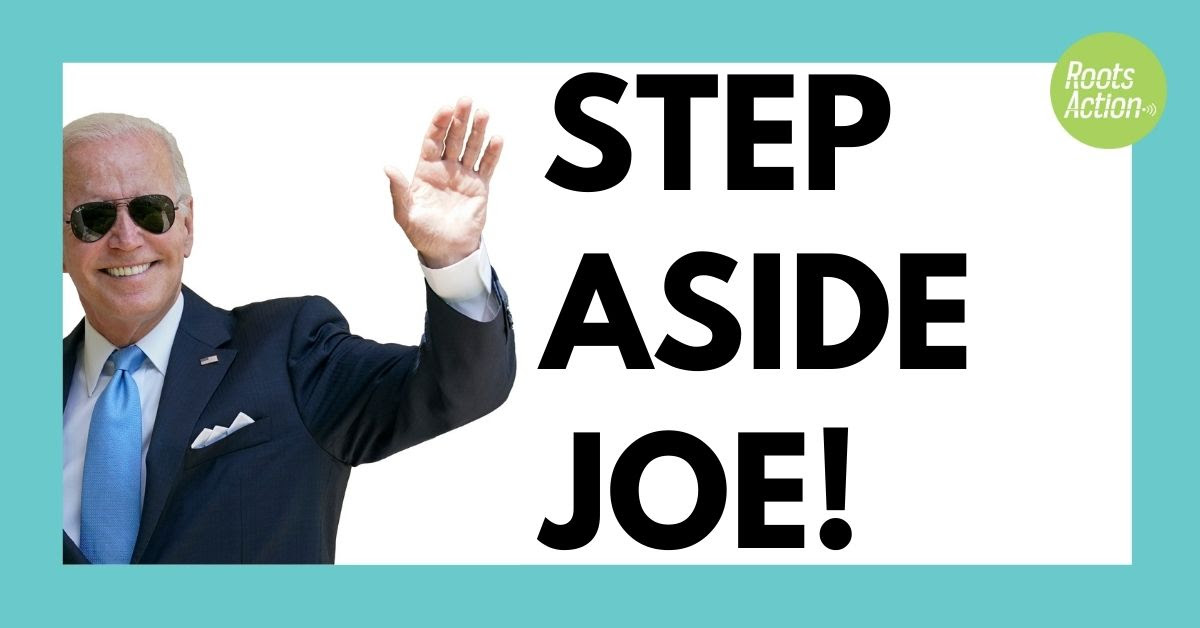Hot Labor Summer just became a scorcher.
To listen to this article go here
Last Friday, the National Labor Relations Board released its most important ruling in many decades. In a party-line decision in Cemex Construction Materials Pacific, LLC, the Board ruled that when a majority of a company’s employees file union affiliation cards, the employer can either voluntarily recognize their union or, if not, ask the Board to run a union recognition election. If, in the run-up to or during that election, the employer commits an unfair labor practice, such as illegally firing pro-union workers (which has become routine in nearly every such election over the past 40 years, as the penalties have been negligible), the Board will order the employer to recognize the union and enter forthwith into bargaining.
The Cemex decision was preceded by another, one day earlier, in which the Board, also along party lines, set out rules for representation elections which required them to be held promptly after the Board had been asked to conduct them, curtailing employers’ ability to delay them, often indefinitely.
Taken together, this one-two punch effectively makes union organizing possible again, after decades in which unpunished employer illegality was the most decisive factor in reducing the nation’s rate of private-sector unionization from roughly 35 percent to the bare 6 percent at which it stands today.
In the Board’s press release outlining its 121-page decision in Cemex, it explained:
… the revised framework represents an effort to better effectuate employees’ right to bargain through their chosen representative, while acknowledging that employers have the option to invoke the statutory provision allowing them to pursue a Board election. When employers pursue this option, the new standard will promote a fair election environment by more effectively disincentivizing employers from committing unfair labor practices.
“This is a sea change, a home run for workers,” said Brian Petruska, an attorney for the Laborers Union who authored a 2017 law review article on how to effectively restore to workers their right to collective bargaining enshrined in the 1935 National Labor Relations Act, which was all but nullified by the act’s weakening over the past half-century. Taken together, Petruska added, last week’s decisions recreate “a system with no tolerance for employers’ coercion of their employees” when their employees seek their legal right to collective bargaining.
Petruska’s 2017 article explained how an attorney’s misstatement in a 1969 case before the Supreme Court (NLRB v. Gissel Packing Co.) led to the abandonment of a previous Board ruling in the case of Joy Silk Mills, which had required employers to recognize their workers’ union and enter into bargaining if they’d refused to recognize the union after a majority of workers had voted for affiliation. The article didn’t draw wide notice; at least, until President Biden’s appointee as the NLRB’s general counsel, Jennifer Abruzzo, sent out her initial memo to the 500 NLRB attorneys across the country whom she supervised. In the memo, Abruzzo laid out the kind of cases those attorneys could pursue, and suggested that they consider cases based on the long-forgotten Joy Silk standard, which she viewed as erroneously discarded, with demonstrably catastrophic consequences for workers’ right to unionize and bargain.
How catastrophic? In the profile I wrote of Abruzzo in the April 2022 print issue of the Prospect, I cited numbers from Petruska’s article that showed “in the five years before Joy Silk was struck down, charges of employer intimidation totaled about 1,000 cases a year. Once the softball remedies of Gissel became the standard, charges exploded to a peak of 6,493 in 1981, after which they fell along with unionization efforts generally.” As the new post–Joy Silk tolerance for employer coercion became the norm, interest in organizing withered.
By the time Abruzzo became general counsel, “even labor lawyers had forgotten about Joy Silk,” which had then been a dead letter for 52 years, UC Berkeley law professor Catherine Fisk told me for my Abruzzo profile. Abruzzo, however, had had a long career as an NLRB attorney and had also served as a special counsel for the Communications Workers of America (CWA), a consistently militant union. Even within the community of pro-labor attorneys, she was known for her exceptional dedication to worker rights and her knowledge of how the laws that once afforded them their rights could be revived and renewed. The brief she presented to the Board in the Cemex case promoted a ruling that differs in some respects from the standards promulgated in Joy Silk, but its effect is essentially comparable.
The Cemex decision secures Abruzzo’s place as the most important public official to secure American workers’ rights since New York Sen. Robert Wagner, who authored the NLRA in 1935 (the same year he authored the Social Security Act).
Since the days of Lyndon Johnson, every time that the Democrats have controlled the White House and both houses of Congress, they’ve tried to put some teeth back into the steadily more toothless NLRA. But they’ve never managed to muster the 60 votes needed to get those measures through the Senate. The Cemex ruling actually goes beyond much of what was proposed in those never-enacted bills.
Still, there’s one crucial element to restoring workers’ rights that has yet to be accomplished: Companies can still indefinitely refuse to agree on a contract. Some of the failed labor law reform bills included provisions mandating that an arbitrator impose a contract if no agreement has been reached after a specified period of time (say, 90 or 180 days). Absent such a provision, workers’ rights can still be thwarted, which we’re seeing happen in real time with the inability to complete a first contract at hundreds of Starbucks shops and Amazon’s warehouse in Staten Island.
Nonetheless, Cemex should open the door to more organizing campaigns than American labor has seen for decades, at least among those unions (SEIU, CWA, the Teamsters, National Nurses United, the private-sector wings of AFSCME, and the American Federation of Teachers, to name just some) that still have robust organizing departments. It could help the Steelworkers, the newly led United Auto Workers, and the Machinists to organize the federal incentive–driven factories springing up in the historically anti-union South.
One reason that these two landmark decisions came down last week was that the term of one of the three Biden appointees to the Board, Gwynne Wilcox, is about to run out. Board terms normally last for five years, but Wilcox was appointed for just two years to fill out the balance of the term of a member who had retired early. Once she’s off the Board, there will be just three members, since one of the Board’s Republican seats has now been vacant for nearly a year. (By mutual consent, the Board is composed of three members from the president’s party and two from the opposition.) And when it has only three members, the Board is forbidden from making decisions that change its rules.
The normal procedure for filling seats on the Board (like with many multimember commissions) is that an appointee from one party comes before the Senate for confirmation in tandem with an appointee from the other party. However, hoping to thwart the now Biden-dominated Board from making decisions like those of last week, the Republicans, backed by the U.S. Chamber of Commerce, have declined to put forth a nominee to fill the vacant Republican seat, plainly hoping that Democrats would adhere to the custom of not bringing up an unaccompanied Biden appointee for a vote. More precisely, they’ve wagered that the anti-worker duo of Sens. Manchin and Sinema would deny that nominee the 51st vote required for confirmation, using the fig leaf of the absence of a Republican nominee to justify their opposition.
The White House renominated Wilcox for a five-year term some time ago, and Bernie Sanders’s Senate Labor Committee has sent her nomination to the floor, with all the committee Democrats plus Alaska Republican Lisa Murkowski voting to do so. For whatever reason, however, both the Biden administration and Democratic Senate Majority Leader Chuck Schumer have put the floor vote on hold, perhaps in the vain hope that Senate Republicans will put forth their nominee, which Republicans have made obvious that they have no intention of doing. As a result, the Board is about to go down to three members, and become effectively inert.
Hence, the timing of last week’s one-two punch on the eve of Wilcox’s departure, even if just temporary. It will require the vote of any one of Manchin, Sinema, or Murkowski to restore the Board to its rulemaking authority.
Despite that drama, last week’s punch was historic. “Congress passed the NLRA to give workers the right to deal with their work issues immediately, not to have them delayed and denied by employers who feel free to violate the law,” says Jules Bernstein, the doyen of the D.C. union-side bar. “A ruling that restores that right—and that’s what the Cemex ruling does—is terrific, and long overdue.”
===
Harold Meyerson is editor at large of The American Prospect.
Published by Portside.










